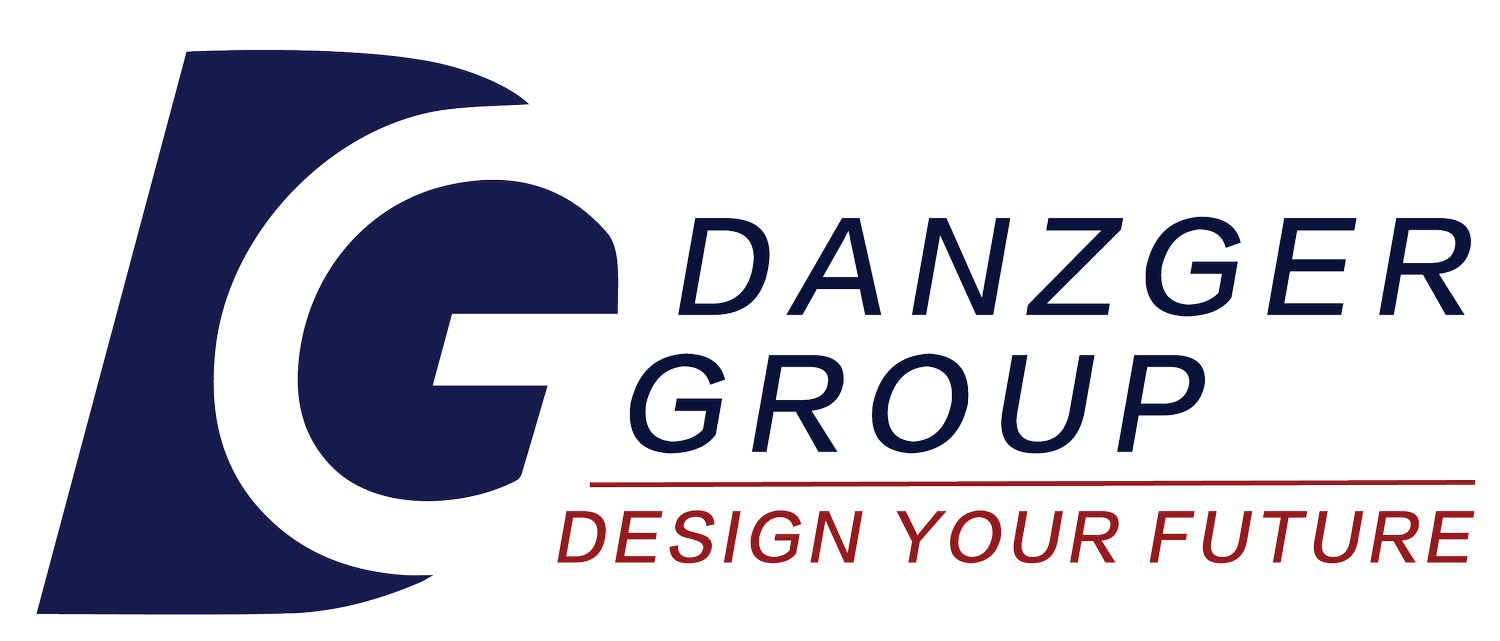WCT #67: Ask for Your Raise Using These Seven Principles
Three Minute Read
If you're not yet subscribed, click here or the subscribe button below and get concrete, actionable tips and insights every Saturday to help you land great jobs and internships and level up your career game.
The Art of Asking for a Raise: Why, When, and How
In the realm of professional development, seeking a salary increase is one of the most significant milestones. It represents your recognition of the value you bring to your organization and is a crucial step in ensuring your compensation aligns with your contributions. However, asking for a raise is an art, and mastering it involves understanding the why, when, and how of the process. In this post, we'll explore the key reasons to ask for a raise and outline the principles that should guide your request.
Reasons for a Raise
Increased Job Performance, Responsibility, or Greater Workload
If you consistently exceed your performance goals, take on extra responsibilities, or consistently deliver exceptional results, it's a strong case for a raise. Start by highlighting your accomplishments, how they've positively impacted the organization, and how you've gone above and beyond your job description. The key here is to be as quantitative as possible. Numbers provide tremendous credibility. This sets the stage for discussing the raise you believe you deserve.
Market Research
Conduct research on salary trends in your industry and region. If you discover that your current compensation is significantly below the market average, it's a solid reason to request a raise. Share your findings with your employer, emphasizing that your request is not arbitrary but based on industry standards and the value you bring to the table.
Inflation and Cost of Living
As the cost of living and inflation rise, it's reasonable to request a raise to maintain your standard of living. Mention how your current salary is losing its purchasing power over time. Such adjustments are very common in the workplace. It’s OK to focus on inflation as a component of the reasons for a raise. But I’d caution you not to focus on your lifestyle, family size, expenses, debt, and other personal factors as reasons why you should be paid more.
New Skills or Qualifications
If you've invested in gaining new skills or qualifications that directly benefit your role or the company, you can justify a raise based on your increased value. Showcase the relevance of these skills to your current position, how they've led to improved performance, and how they align with the company's goals.
Principles for Asking for a Raise
Now that you understand why you deserve a raise, let's delve into the principles that should guide your approach when asking for one:
Be Well-Prepared
Preparation is key to a successful negotiation. Gather data on your accomplishments, salary benchmarks, and the cost of living in your area. Use this information to support your request. Remember, facts and figures are your allies in these discussions.
Choose the Right Timing
Timing is crucial. Schedule your request after significant achievements or a successful project. Also, consider the company's financial health and any upcoming budget cycles. Asking for a raise during a challenging period might be less fruitful.
Be Polite and Professional
Approach the conversation with respect and professionalism. Express your gratitude for the opportunities you've had with the company and your enthusiasm for continuing to contribute. Maintain a positive tone throughout the discussion. Be forward-thinking and optimistic.
Confidence Matters
Confidence in your worth is vital. Believe in the value you bring to the organization. Confidence is not arrogance; it's a reflection of your self-awareness and understanding of your contributions. This is an area where many employees come up short. They are uncomfortable with asking, and, as a result, remain in situations where they feel underappreciated.
Flexibility and Openness
Be open to a constructive conversation. Your employer might not be able to meet your requested amount in full. Demonstrating flexibility and a willingness to find common ground can lead to a mutually satisfying outcome.
Consider Alternative Benefits
Sometimes, a pay raise isn't possible due to budget constraints. In such cases, be open to discussing alternative benefits, such as equity participation, additional vacation days, flexible work arrangements, or professional development opportunities.
Follow Up
If the answer is not an immediate yes, don't be discouraged. Ask for feedback on what you can do to reach your desired salary in the future. This shows your commitment to growth and can lead to incremental salary increases over time.
In Conclusion
Asking for a raise is a critical step in your career journey. It's an opportunity to align your compensation with your value and contributions. The key is to approach it strategically, armed with well-researched reasons and guided by essential principles. By following these principles and understanding the reasons behind your request, you can confidently and effectively ask for the raise you rightfully deserve.
Remember, a raise is not just about money; it's about recognition and the path to greater financial stability. With the right approach, you can make a compelling case for your professional worth.
The topic of compensation comes up regularly in my conversations with clients. Do you or someone you know need help getting the pay you deserve? I coach and advise people to land amazing full-time jobs and internships and manage their career journeys. Learn more about my career coaching and contact me or request a free 30-minute Career Solutions Call.

